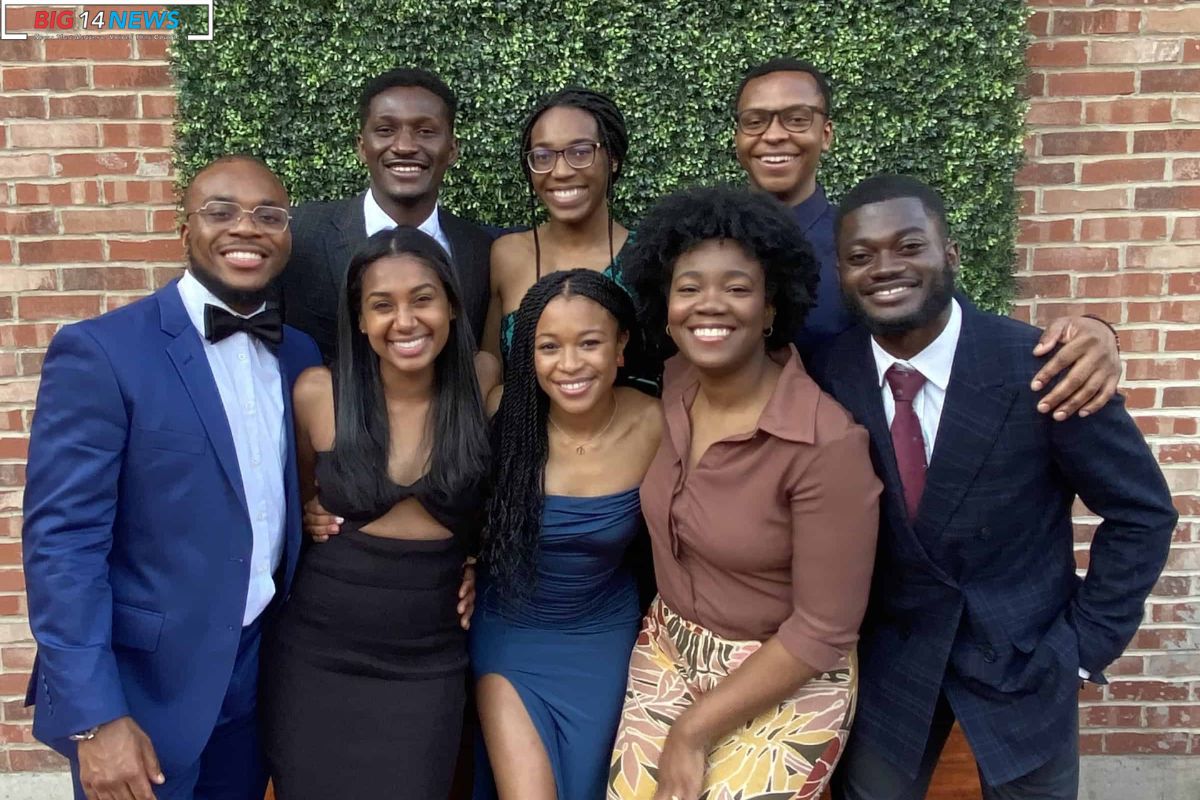Advocates Push for More Funding: Historical and predominantly Black community colleges often get overlooked when it comes to funding for higher education, but leaders across the country are seeking ways to ensure adequate support for the institutions.
Complete College America and Lumina Foundation organized a webinar to discuss the needs of these colleges and their crucial role in promoting equal opportunities for Black students.
Chandra Scott, executive director of the group Alabama Possible, was a part of the discussion and emphasized the need for funding in providing wraparound services to under-resourced students. One solution she proposed is engaging local businesses that can benefit from the students.
“We have to make sure that they understand their role in the process as well,” Scott emphasized. Especially in Alabama, when you look at the economic impact of our community colleges. I mean, you’re talking about over $6 billion of impact that they have in the economy in our state. So, we have to make sure that the business industry is returning that investment.”
She highlighted more than a quarter of the Black population in the state struggles with poverty, posing a challenge in achieving Gov. Kay Ivey’s target of attaining 500,000 skilled workers by 2025.
In Alabama’s case, Scott pointed out funding plays a crucial role in supporting the “stranded workforce,” individuals striving for a degree but held back by financial obstacles. She suggested tackling the issue by eliminating practices like transcript withholding, which disproportionately hinder minorities from returning to school.


ALSO READ: Alabama Ignites Innovation: with $9.3 Million in Awards
“We’re still blocking them with different policies and really targeting certain populations,” Scott noted. “We have to figure out how do we best support them.”
Advocates from other states also highlighted the essential resources HBCC’s and PBCC’s offer to support first-generation students and emphasize the need for impactful research reflecting their community influence. Many also believe there is a need for additional overall funding to support programs and support services.
